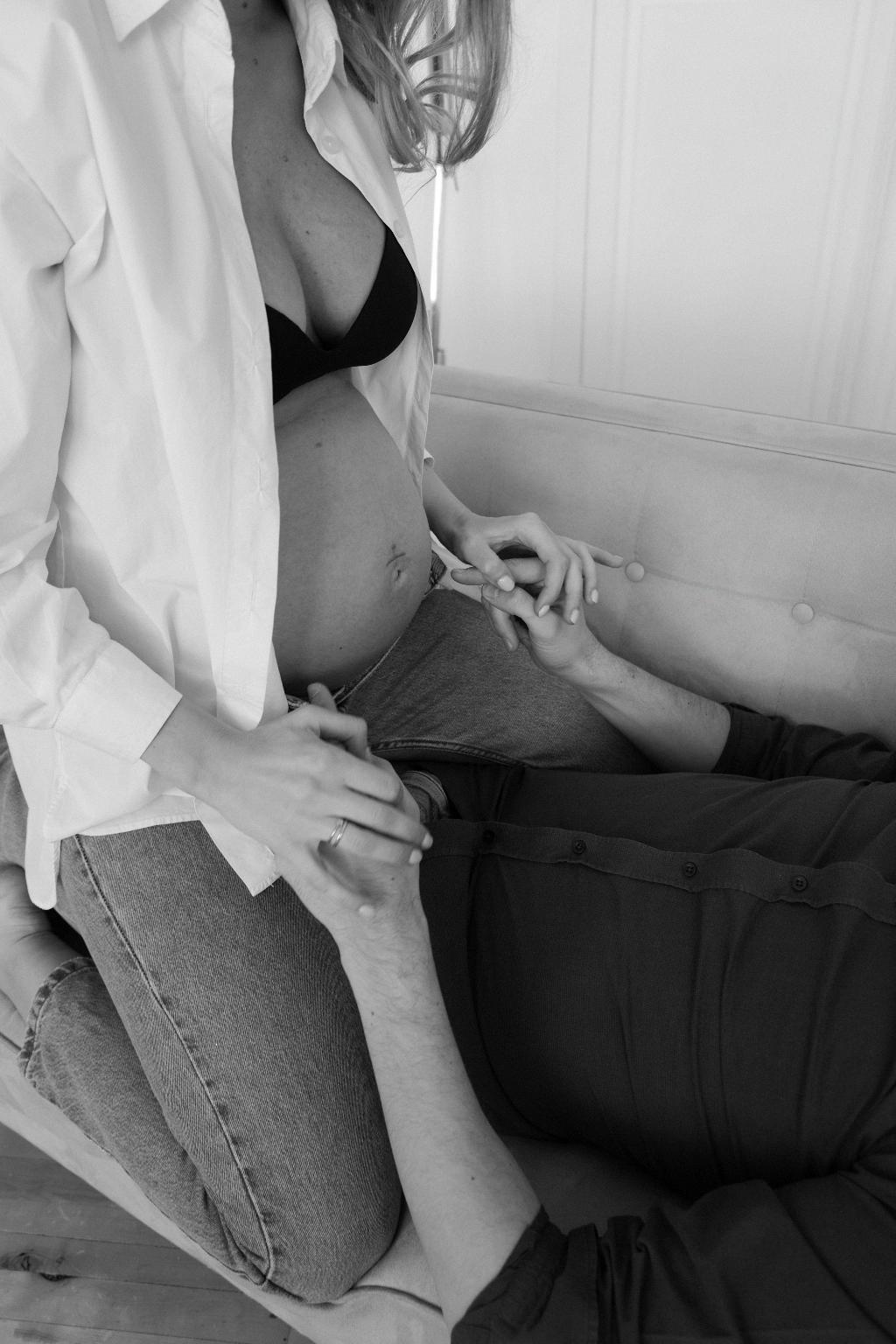When it comes to pregnancy, age plays a significant role in determining the potential risks associated with it. Advanced maternal age, often referred to as geriatric pregnancy, is generally considered to begin at age 35 and above. As a woman’s age increases, so do the chances of facing various pregnancy-related complications.
One of the key risks associated with geriatric pregnancy is the increased likelihood of having to undergo a C-section delivery. As women age, their bodies may not respond as effectively to the rigors of childbirth, leading to a higher probability of needing surgical intervention to ensure a safe delivery for both the mother and the baby.
Furthermore, the risk of chromosomal conditions, such as Down syndrome, is notably higher in babies born to older mothers. The chances of genetic abnormalities can escalate with maternal age, underscoring the importance of thorough prenatal screening and genetic testing for older expectant mothers.
Another crucial aspect to consider is the elevated risk of pregnancy loss associated with geriatric pregnancies. As women age, their reproductive systems may not function with the same level of efficiency as in their younger years, increasing the likelihood of miscarriages or stillbirths.
Aside from the increased risks to the mother and the baby, geriatric pregnancies can also raise concerns related to maternal health. Older mothers may be more susceptible to developing gestational diabetes, high blood pressure, or other health conditions that could complicate the pregnancy and necessitate specialized medical care.
Moreover, the physical toll of pregnancy and childbirth can be more pronounced for older women, as their bodies may not bounce back as quickly post-delivery. Recovering from a C-section or managing the demands of caring for a newborn can be more challenging for women of advanced maternal age.
It is important for women considering pregnancy in their late thirties or forties to be aware of the potential risks associated with geriatric pregnancies. Consulting with a healthcare provider and undergoing comprehensive prenatal care are imperative steps to mitigate the heightened risks and ensure a healthy pregnancy and delivery.
Despite the increased risks, it is essential to recognize that many women successfully navigate geriatric pregnancies and give birth to healthy babies. With proper medical supervision, healthy lifestyle choices, and attentive prenatal care, older mothers can increase their chances of having a positive pregnancy and delivery experience.
Ultimately, while geriatric pregnancy is considered high risk due to the elevated chances of complications related to maternal age, it is vital to approach each pregnancy journey with knowledge, preparation, and support. By staying informed and proactive throughout the pregnancy process, women can maximize their chances of a safe and successful outcome, regardless of their age.

